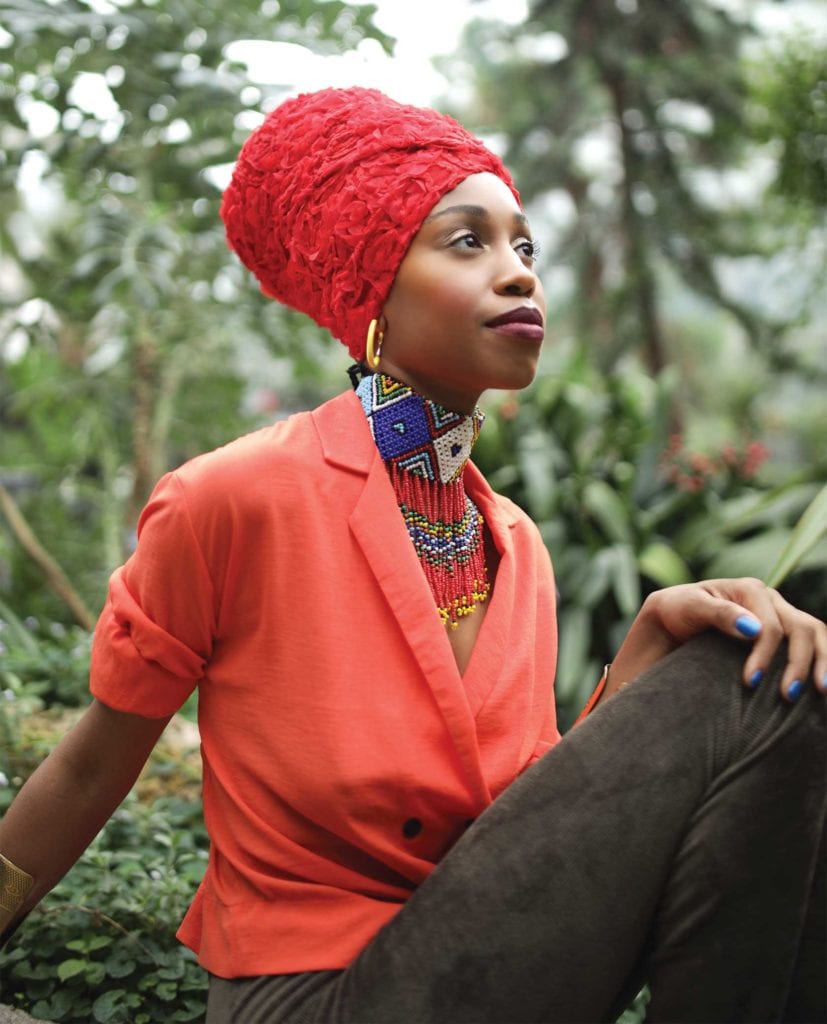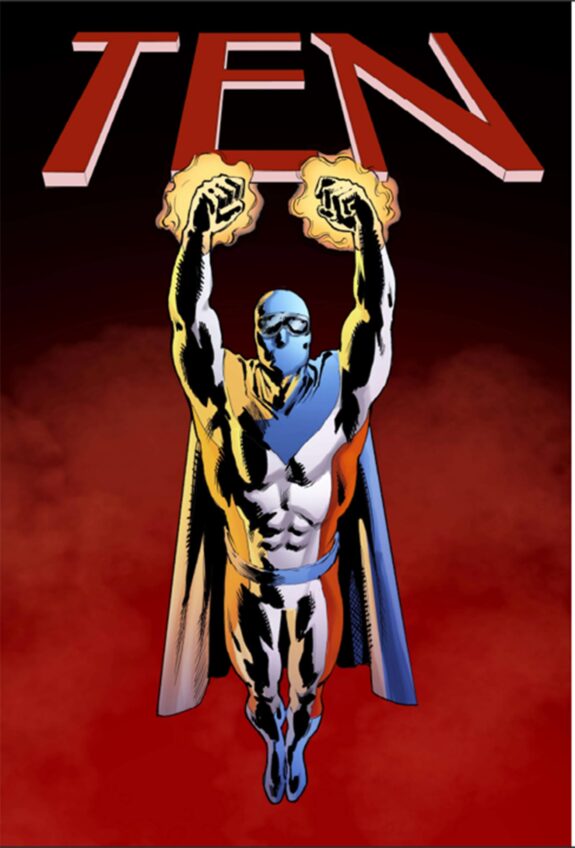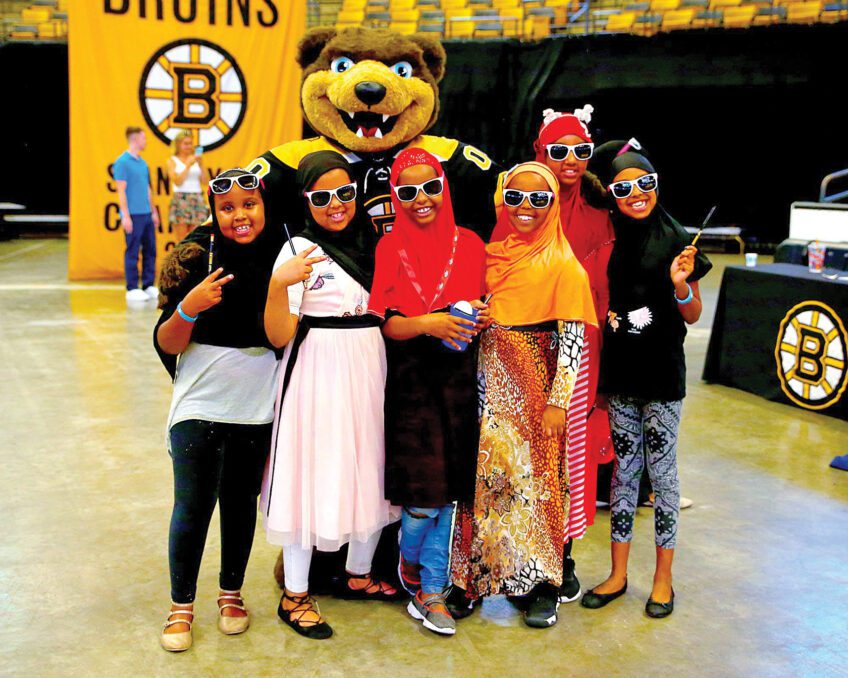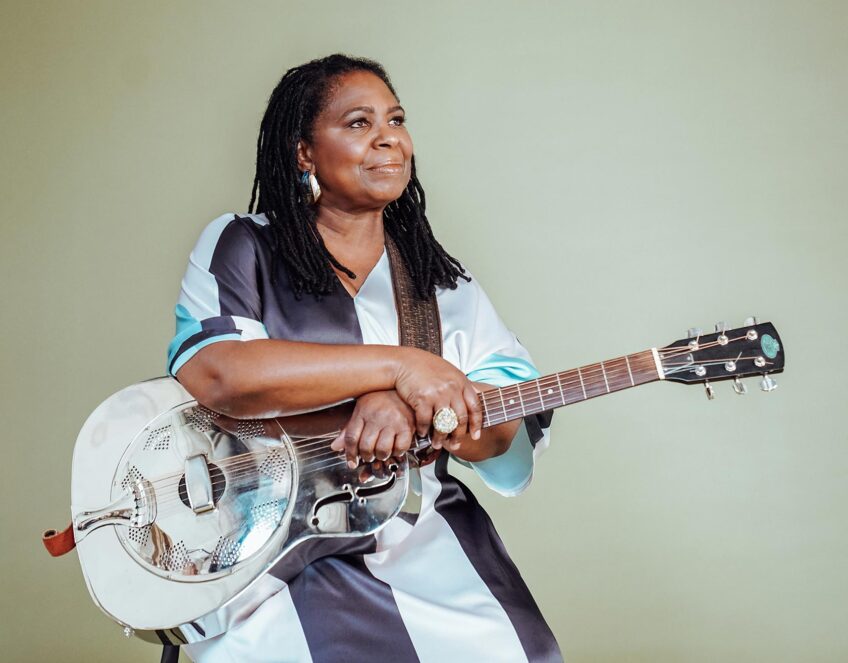
Jazzmeia Horn is a vocalist and composer nominated twice for Grammy awards, most recently in 2019 for “Love and Liberation,” her second album. That album also led to Horn being named the winner of a 51st NAACP Image Award for Outstanding Jazz Album in 2020. That same year, “Through My Eyes: The Jazzmeia Horn Approach,” her book about jazz techniques and methods, came out in August. For the 29-year-old originally from Dallas, Texas, stardom may be early, but it derives from her talent and hard work. The Banner caught up with her by phone on a cold winter morning from her home in the Bronx.
Banner: What are you working on right now? I heard a rumor about a big band album with strings.
Jazzmeia Horn: It’s not a rumor! It’s totally happening. After the first Grammy nomination for my album “Social Call,” and so many other awards, I wanted to take things further. I decided to record a big band album with big band arrangements.
“Love and Liberation” was nominated for a 2019 Grammy for Best Jazz Vocal Album. For people unfamiliar with the album, can you say a few words about it?
“Love and Liberation” is a sequel to “Social Call.” [That] was a call to bring about awareness of things happening in society. “Love and Liberation” is a call to do something about it — about xenophobia, racism, to deal with the social issues. And to start with yourself and the people you associate with. To face trials and tribulations and to recognize that I don’t need to be victimized. I don’t want to deal with life in that manner. My grandfather used to say, so many times: “Know your rights and go ahead on!”
Among the great jazz vocalists no longer with us, who stands out for you? Or do the top vocalists contribute different inspirations to your work?
I pull so much from so many people. Like Betty Carter: Her music is very free and uncompromising. She was a musician, not just a singer. Or Abbey Lincoln: She stood by her beliefs. Nina Simone, who told it like it was and faced adversity. Joni Mitchell: Her writing and storytelling — I fell in love with her lyrics. Sarah Vaughan: So sassy! I love it, I love it a lot! I take from all of them what I can. It’s like fashion. I stay true to who I am as an individual and incorporate their artistry into my art.
You won a 51st NAACP Image Award. Please tell readers a little about what that was like for you.
Oh, that was one of the greatest achievements of my life! To be recognized by your own race, especially with Black people! That recognition means so much to me — and the awards party in L.A.! It was like a BBQ at my mom’s or aunt’s house. Southern music and food. It was so Black! It was so Black! It was like going to church or the high school prom. I want to go every year!
I saw that your grandmother chose your beautiful, musical name. And your grandfather is the pastor at the Golden Chain Missionary Baptist Church in Dallas. So it seems likely that your family and church are central to your artistry.
My grandparents brought me up to have a reverence for gospel music and music in general. My grandmother had a piano in her house, and you could not sit on the piano bench if you were not going to play. You couldn’t just plunk a note for fun. They honored music. They had an extreme reverence for music. By the time I was 3, I was singing in the adult choir. Singing was not to be cute; it was a way to show respect for the Holy Spirit. And being in church was like being in a hospital in terms of caring for one another.
Due to the pandemic, you have an online course. How do people access that?
It’s a six-week course, “The artistry of Jazzmeia Horn.” I use my book as text for the course, and teach students how to create projects, how to improvise, how to have a stage presence, how to carry themselves in the industry as women or nonbinary individuals and how to connect one’s personal experience to the song.
Terri Lyne Carrington and Dee Dee Bridgewater talk about the roles of women in jazz. Do you see things evolving?
It’s a work-in-progress. Things are not going to turn around so fast.
You’ve achieved an enormous amount in so short a time: two albums, two Grammy nominations, awards by peers. I mean, you only turn 30 this April! For musicians in their teens and 20s, especially women, what’s some advice you might offer?
Don’t take no for an answer. When people say, “I don’t see this happening for you,” try to do it on your own. People don’t know your power. Know yourself a little. My grandmother used to say, “You have to teach people how to treat you.”






